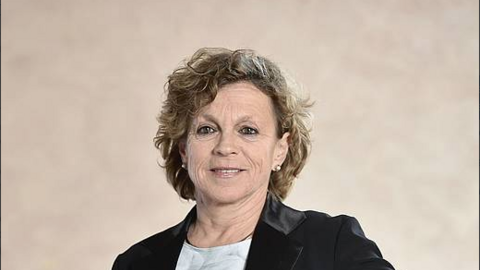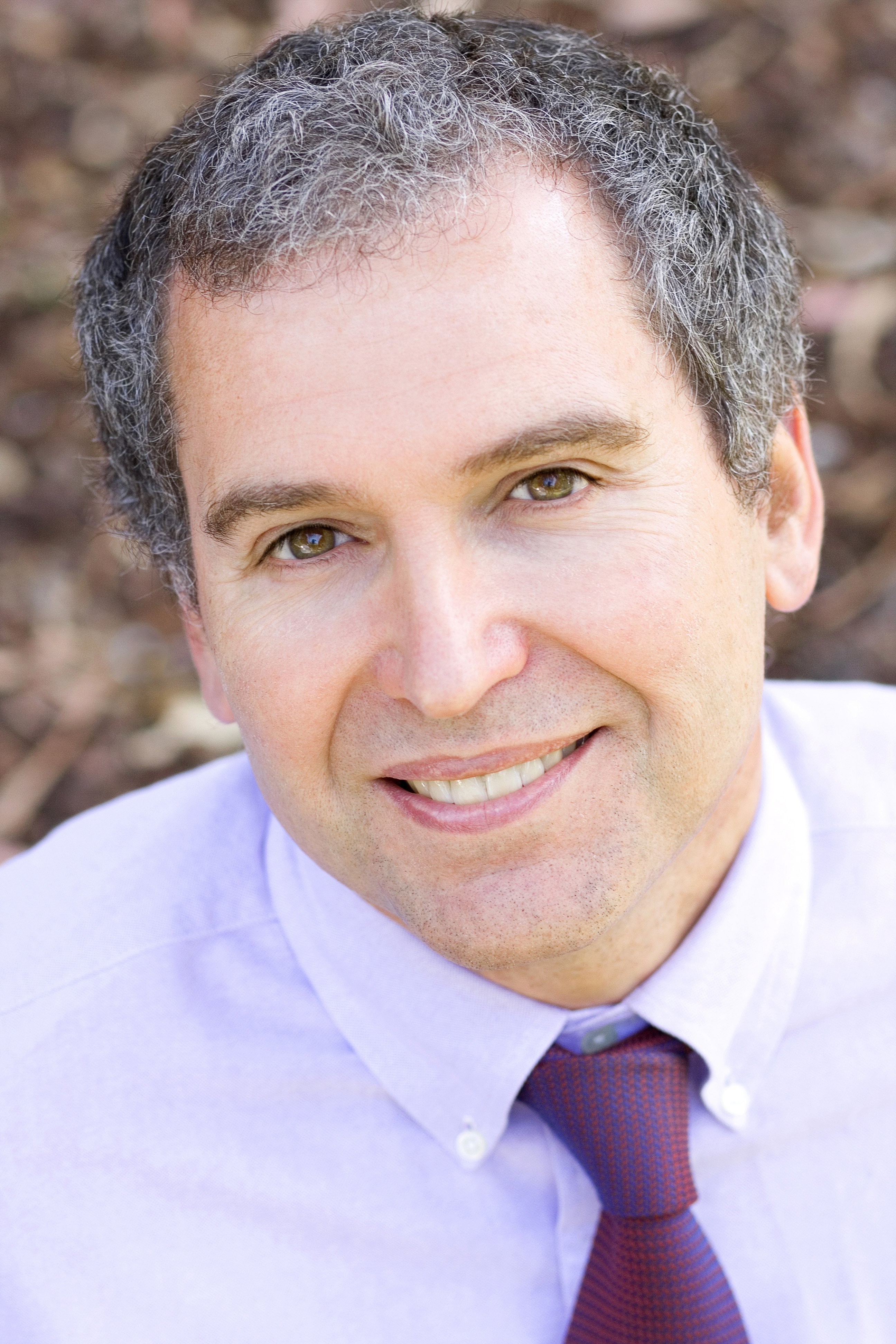A New European Security Order?
When the European Peace Project started – 72 years ago – WWII had just ended. It took the great vision and foresight of the “European founding fathers“ – Konrad Adenauer, Robert Schuman, Jean Monnet, and Alcide De Gasperi and others – to bring about the most important change the European continent has ever seen. From a closer economic cooperation (coal and steel) to the founding of the European Communities (treaties of Rome 1957) to the creation of the European Union with its Single Market and the Schengen Area, Europe has experienced an era of peace, stability and prosperity like never before. Preserving these epochal achievements within European borders and extending to Europe’s immediate neighbors lies at the very heart of the Foreign and Security policy of the EU.
Now a brutal war has started, putting at risk lives and livelihoods of many, putting our economies under strain and demanding quick and resolute political answers. The attacks in Ukraine mark a turning point (in the words of Chancellor Olaf Scholz: “Zeitenwende”) for the German, French and Common Foreign and Security Policy(CFSP). As highlighted by French President Emmanuel Macron at the EU summit in Versailles in March 2022, “As a force of peace, we cannot rely on others to defend ourselves, be it on land, sea, air, space or cyberspace […]. Our European defense must take a new step.” This panel will discuss what a realigned CFSP could possibly look like, what role NATO could play in that context, and how Germany and France could contribute to this new order.
Co-sponsors:



Online via Zoom
















